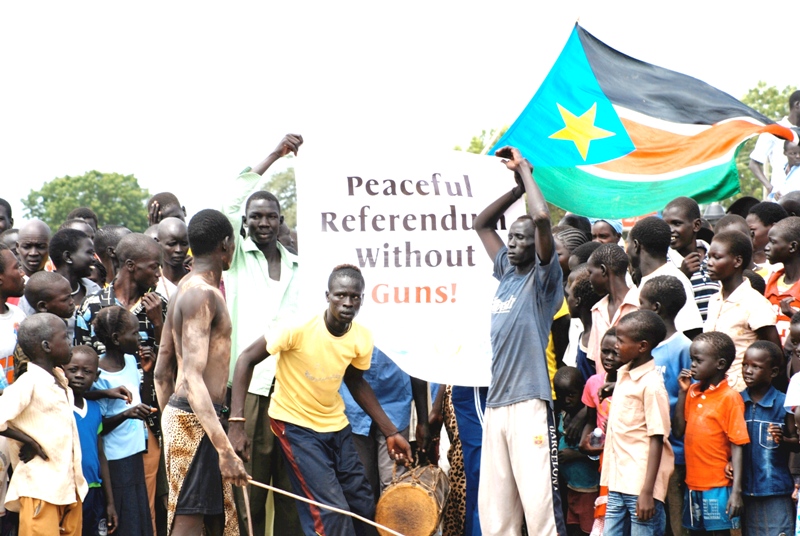“I am happy to tell you people are coming to understand the badness of these and they want to make a campaign …George Athor is not now in the area. We consider the area free from George Athor
— Governor Kuol Manyang
MABIOR PHILIP MACH
The tide in Jonglei is slowly swinging against militia groups that took up arms to fight the state government following the 2010 elections. The fighting was sparked off by George Athor who campaigned for governor – and lost.
“I am happy to tell you people are coming to understand the badness of these and they want to make a campaign,” Jonglei Governor Kuol Manyang told New Times.
Part of the change has been driven by area Members of Parliament, the youth, and the civil society, which has moved through the state to educate the people against fights, cattle wrangling and child abduction.
“As you know, George Athor has been flashed out by the SPLA and himself is now in Khartoum although Khartoum forces may want or are trying to bring him back to Jonglei, but when there is Upper Nile between the north and the south,” Manyang says. “George Athor is not now in the area. We consider the area free from George Athor.”
Facing defeat in 2010, Athor welcomed President Salva Kiir’s decree forgiving the militant groups and agreeing to bring them back into the fold of the SPLA.
In September, Southern Sudan President Salva Kiir offered amnesty to Athor and several other men who had launched armed uprisings against his government. On Jan. 5, four days before the referendum, Athor signed a cease-fire with the army in what then appeared to end one of the largest security threats to the south.
But the retired military officer who had already been nearly flushed out of the south, some say, only used this time to rearm and reorganize and strengthen his position before launching attacks against the SPLA in Jonglei.
Athor’s attack on the towns of Fangak and Dor in the Upper Nile state left hundreds dead, before exporting fighting into Jonglei. The forces occupied Fangak until the SPLA was sent to eject them by force.
The populations, Kuol says, have come back to their areas and the Members of Parliament have gone to them so that they are consoled from this trauma and try to resettle them.
“The Tanginye groups, they have come, they are not there — they have been absorbed into the SPLA,” Manyang says. “And Tanginye because of his crimes against humanity, repeated crimes against the state, has now been detained now and will definitely face the law. And those that were considered to be political or military rebellions, those ones have come to an end.”




